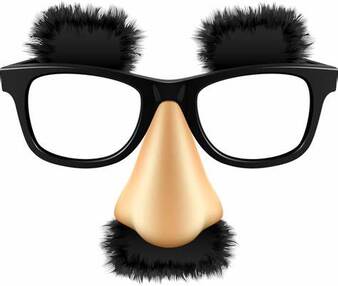 Why do so many authors suffer from “Imposter Syndrome”? It seems that every other Tweet or Facebook post that I see from authors doubts their ability to write, yet they are unlikely to choose writing as a career (or at least an ambition for a career) unless they actually are able to write in a coherent manner. I’m not talking about false modesty, or “humblebragging” as it is sometimes known, which I also see a lot of. That is a whole different thing. A typical humblebrag would look something like “I can’t believe it! I’ve just been asked for a full MS from an agent!” (the exclamation marks are typical of humblebragging punctuation). The use of “I can’t believe it” doesn’t make the brag about being asked for a full MS any less of a brag. 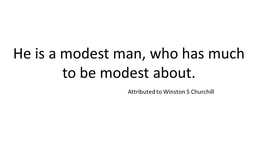 I’ve got nothing against the bragging part of it. If an author has been asked for a full MS by an agent, or has just signed a publishing deal, or has just sold the first copy of their book, then that is something worth bragging about. No, it’s actually the “humble” part I don’t like. The author isn’t fooling anyone with it. Own it, boys and girls; just own it. But imposter syndrome is something very different. Imposter syndrome is a feeling that successful people get that they aren’t worthy of the accolades that they are receiving. They feel that they don’t deserve it and that it has all been a big mistake and one day they’re going to get found out. 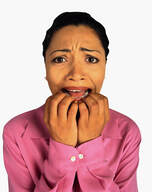 Most common amongst women and people of colour. Most common amongst women and people of colour. The term was first used by psychologists Pauline Clance and Susanne Imes in their 1978 research paper on the subject. They noticed that a lot of their female students seemed to feel that they didn’t deserve their places in college, even though they were more than capable. Their research was mainly conducted on women, who seemed to suffer a lot from imposter syndrome, possibly because women have historically had their abilities questioned (especially by men), so they have come to question it themselves. Later research found similar behaviour in people of colour for pretty much the same reason. More recent research has shown that anyone can suffer from imposter syndrome, but it is more common amongst women and people of colour. "But why do so many authors appear to suffer from it? " At its worst, imposter syndrome can lead to mental health issues because of the anxiety it causes sufferers. At its best it creates self-doubt, which is demotivating and it can lead to self-sabotaging behaviour, such as perfectionism. It doesn’t matter how many times people tell sufferers that they are good at what they do, imposter syndrome will always undermine any sense of achievement. But why do so many authors appear to suffer from it? There are a couple of reasons why we do suffer. One of the greatest is family and friends who don’t seem to think we have what it takes to write a book. They can believe in us as carpenters, plumbers, bank managers, marketing executives or whatever because we are, or were, employed as those. But you have to be special to be an author, right? Actually, no, you don’t have to be special, as any author can tell you. All you have to have is an idea, a basic sense of plot and character construction (both of which can be learned) and some basic written English skills. 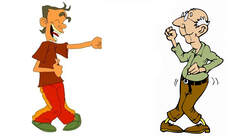 You - an author? You - an author? But that lack of faith in us can undermine our own view of ourselves, especially if said friends and family haven’t actually read our books, so they continue to doubt us without having any evidence of our true capabilities. It goes back to the research carried out by Clance and Imes, where people (generally males) didn’t have faith in the capabilities of women, so women tended to absorb that lack of faith and reflect it back upon themselves. Just try being blond as well and see how much worse that feeling might be. But I think that the other main reason is that we are too ready to compare ourselves to the great figures of literature and we don’t feel we measure up well. And I think this stems from the way literature is taught in schools. This creates false comparisons. 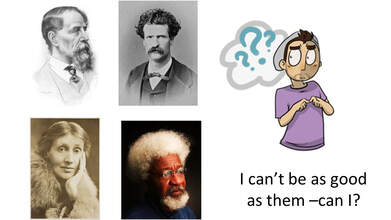 In all professions there are leading lights; the great movers and shakers who change their industry or redefine their art in some way. Let’s keep away from writing for the moment and use music as an example. Mozart, Beethoven, Chopin and similar figures are held up as the benchmarks against which all other musicianship must be judged, or so we would be led to believe if our high school music teachers had their way. I’m not going to question the abilities of those composers, they were undoubtedly great, but that doesn’t mean that every other composer or musician isn’t also competent. Our orchestras are full of competent musicians, of which a few will be recognised as great soloists. Some might even earn the title of “Maestro” or “Maestra”. But that doesn’t mean the rest are bad. We can extend the argument into the realm of pop music. Lennon and McCartney wrote great songs and the Beatles were a great band. But that doesn’t mean that no one since has written a great pop song, nor that any band since wasn’t as good as The Beatles. By and large it is the paying public who decides which bands are great and which aren’t – not high school music teachers. 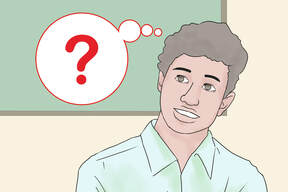 Just how much do I suck? Just how much do I suck? The same applies to literature. It is the book buying public that decides who is a “great” author, not English Literature tutors. The teachers can examine a book and tell you why it is well written and why it was hailed as a “classic”, but that is not the same thing as the author being popular. If it were, then Dickens and Twain would always be in the best sellers lists and no one would ever have heard of Dan Brown. If you only compare yourself to Charles Dickens, Mark Twain or Virginia Woolf, you may feel like an imposter. The same applies to modern writers. We’re not all going to win the Booker Prize or the Nobel Prize for Literature. But just because you aren’t spoken of in the same way as the winners doesn’t mean that you are unworthy of any success you may achieve. Stop beating yourself up, as the saying goes. If readers are buying your books and you are getting good reviews, it means you are a good writer. Enjoy that feeling.  Just because your books don’t make it into the Sunday Times (or New York Times) best sellers list, it doesn’t make you an imposter. You have to sell around 100,000 copies to make even the lowest entry into those lists and very few authors manage that in a year (about a hundred, in fact). So, if you only sold 90,000 copies, it doesn’t make you an imposter. And even if you only sold 1 copy, it doesn’t make you an imposter. All that means is that you haven’t yet been discovered and you need to do more marketing to get your books in front of the reading public’s noses. But above all you must remember that you chose to be a writer. No one puts a gun to an author’s head and makes them write. What made you choose to write was the desire to tell stories. And so long as you continue to tell stories, you will never be an imposter. If you have enjoyed this blog, or found it informative, be sure not miss future posts by signing up to our newsletter. Just click on the button below and you will also qualify for a FREE eBook..
0 Comments
Leave a Reply. |
AuthorThis blog is compiled and curated by the Selfishgenie publishing team. Archives
June 2025
|
 RSS Feed
RSS Feed